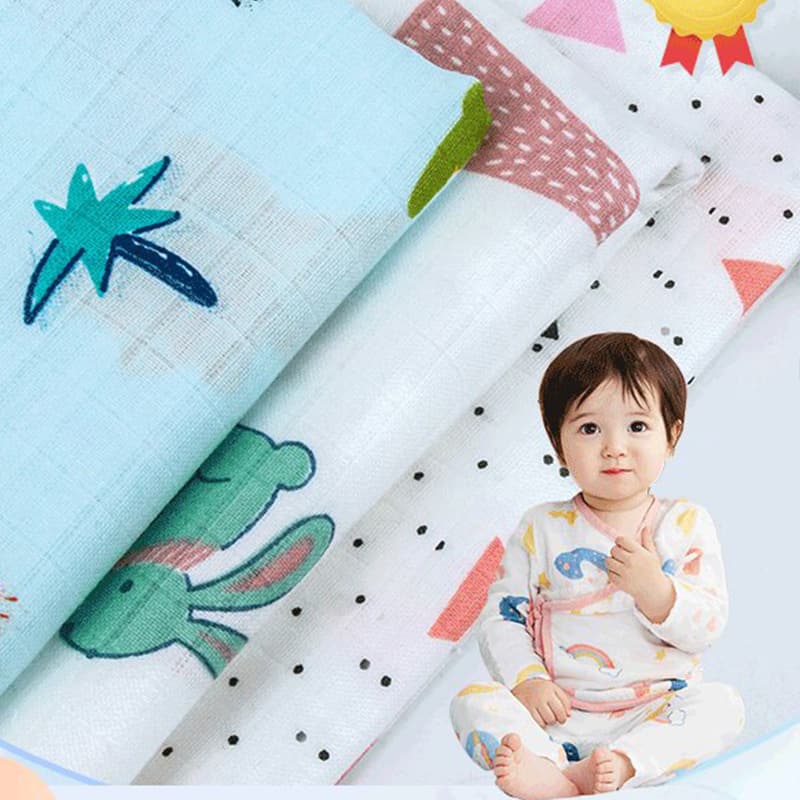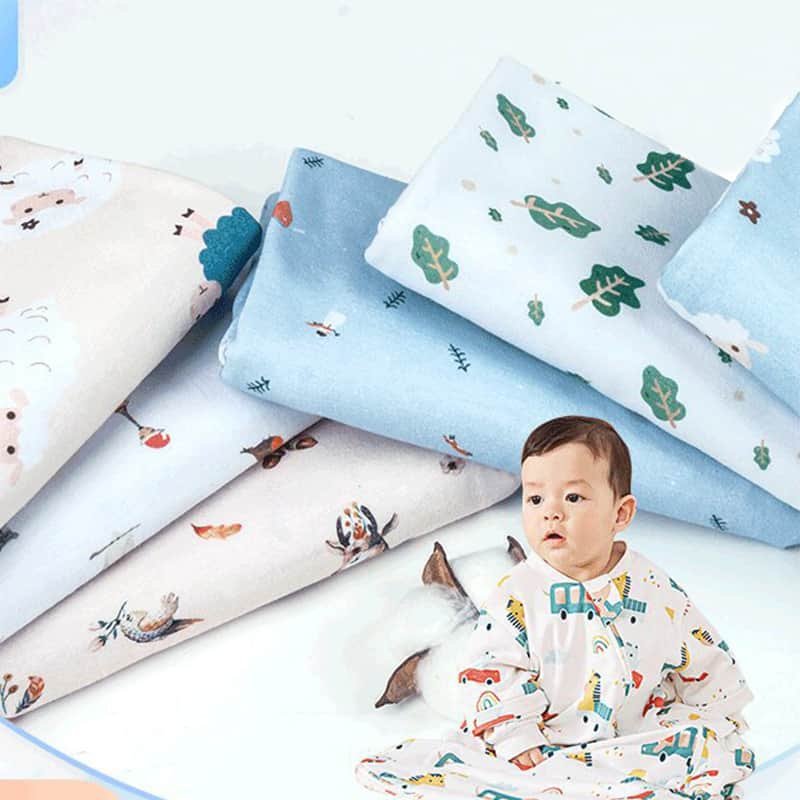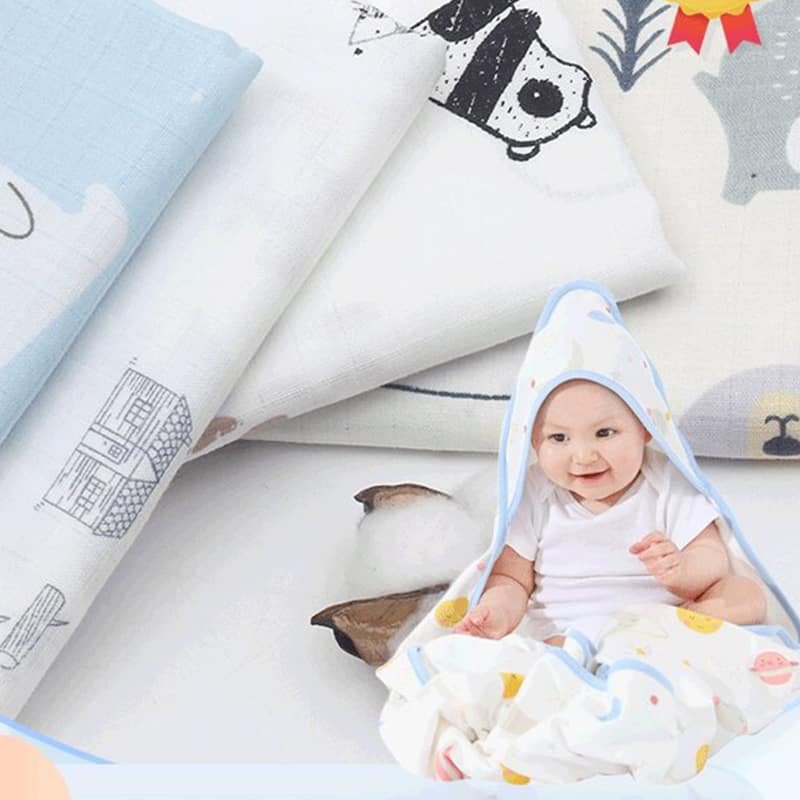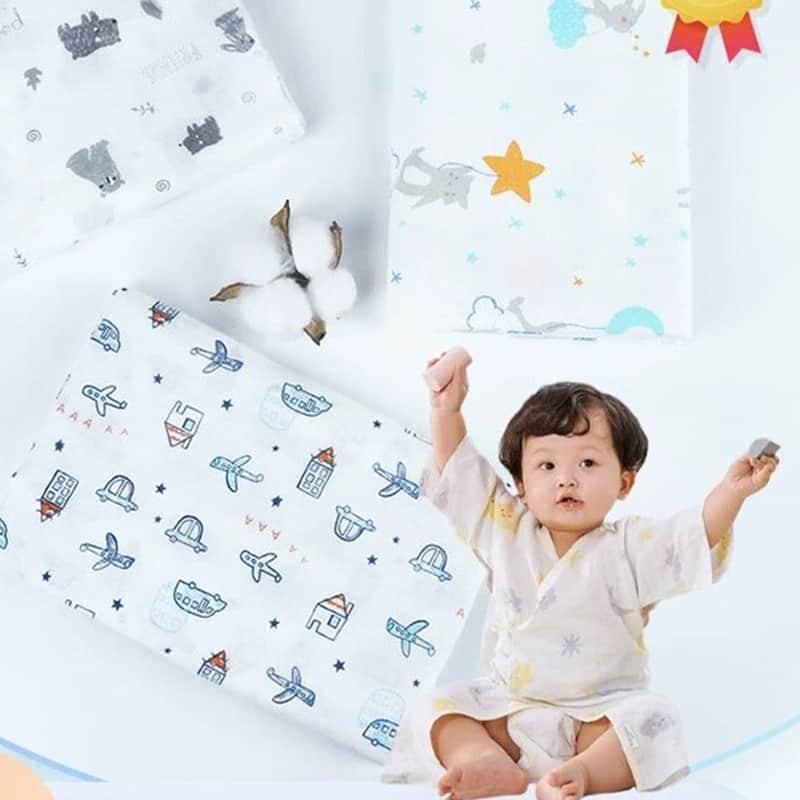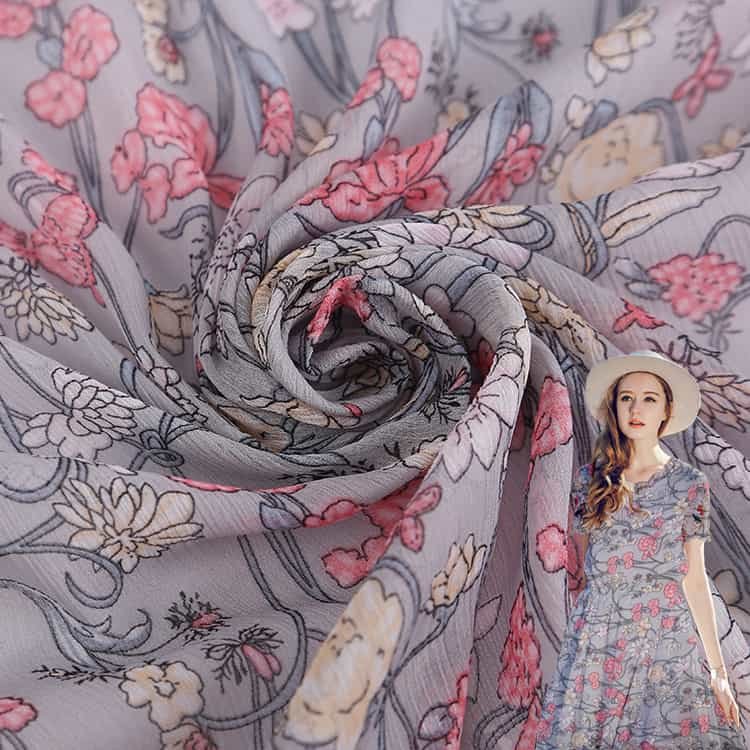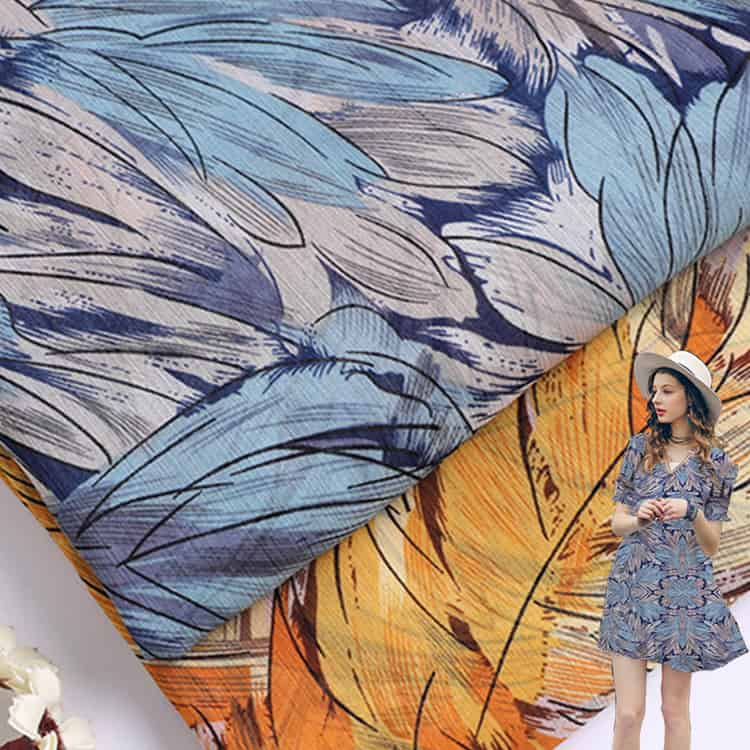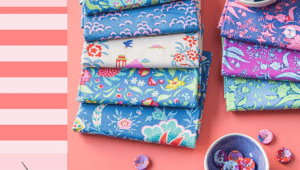Eco-friendliness
Acetate fabric is made from wood pulp or cotton linters, which are both renewable resources. However, the manufacturing process for acetate fabric involves the use of chemicals such as sulfuric acid and acetone, which can be harmful to the environment if not properly managed. In addition, the production of acetate fabric requires a significant amount of water and energy.

Recyclability
Acetate fabric is not widely recyclable. While it can be melted down and re-formed into new acetate fibers, the process is not widely available and may not be economically feasible. As a result, most acetate fabric ends up in landfills, where it can take decades or even centuries to decompose.
Biodegradability
Acetate fabric is biodegradable, meaning that it will eventually break down over time when exposed to natural elements. However, the time it takes for acetate fabric to decompose can vary widely depending on the conditions it is exposed to.

Sustainable Alternatives
If you’re looking for a more sustainable alternative to acetate fabric, consider materials such as organic cotton, linen, or Tencel. These materials are made from renewable resources and have a lower environmental impact than acetate fabric. In addition, they are often produced using more sustainable manufacturing processes, such as low-water or chemical-free processes.
Conclusion
While acetate fabric has many desirable properties for clothing and home décor projects, it may not be the most sustainable option due to the chemicals used in its production and its limited recyclability. When considering the sustainability of your fabric choices, it’s important to weigh the benefits and drawbacks of each material and to consider sustainable alternatives.

FAQs
- Can acetate fabric be recycled?
While acetate fabric can be melted down and re-formed into new acetate fibers, the process is not widely available and may not be economically feasible.
- How long does it take for acetate fabric to decompose?
The time it takes for acetate fabric to decompose can vary widely depending on the conditions it is exposed to.
- Are there any eco-friendly options for acetate fabric?
While acetate fabric is not considered a sustainable or eco-friendly material, there are some brands and suppliers that offer recycled or upcycled acetate fabrics as a more eco-friendly option.
- What are some sustainable alternatives to acetate fabric?
Materials such as organic cotton, linen, or Tencel are more sustainable alternatives to acetate fabric, as they are made from renewable resources and have a lower environmental impact.
- Can acetate fabric be composted?
Acetate fabric can be composted, but it may take a long time to break down and should not be added to a compost pile that is intended for food waste.


